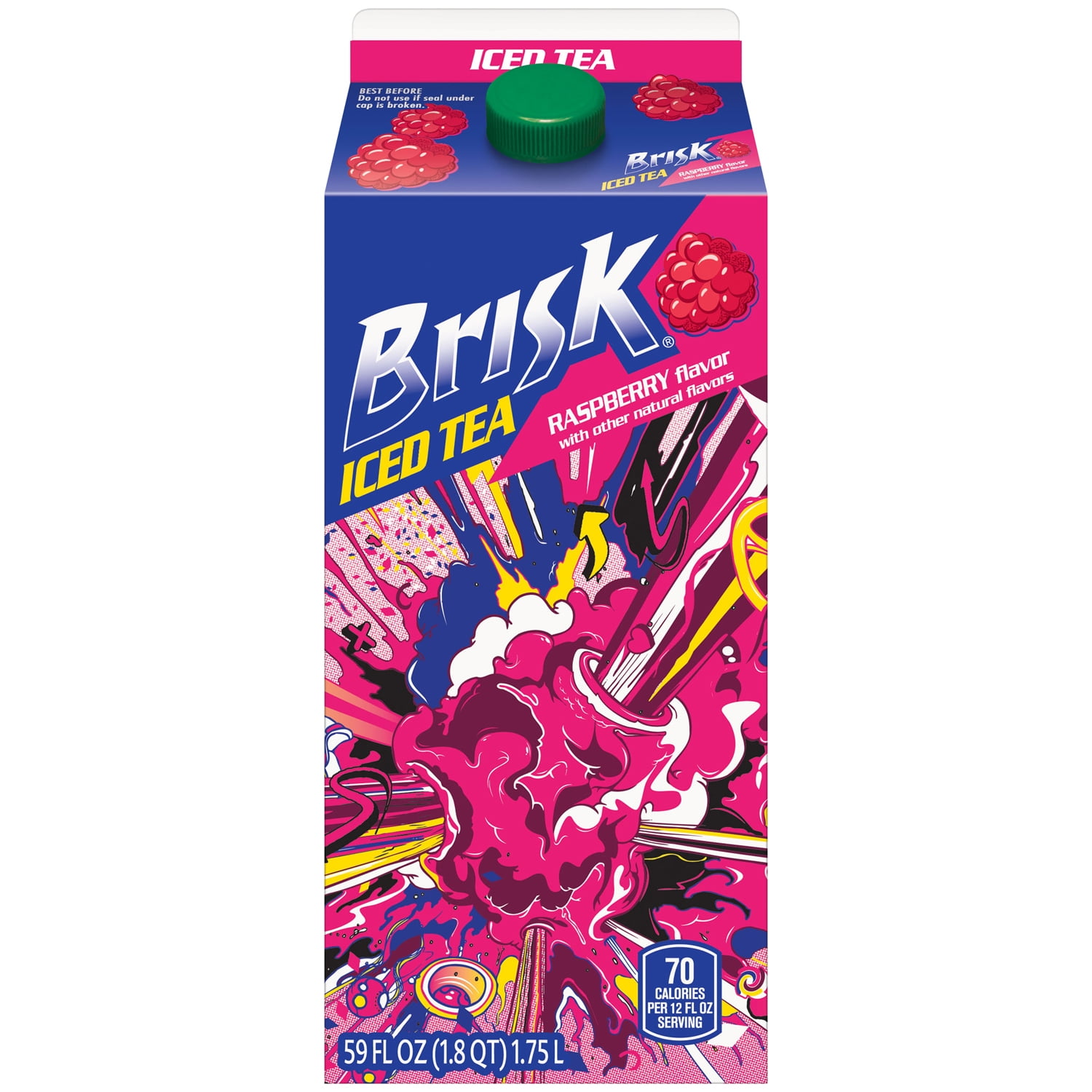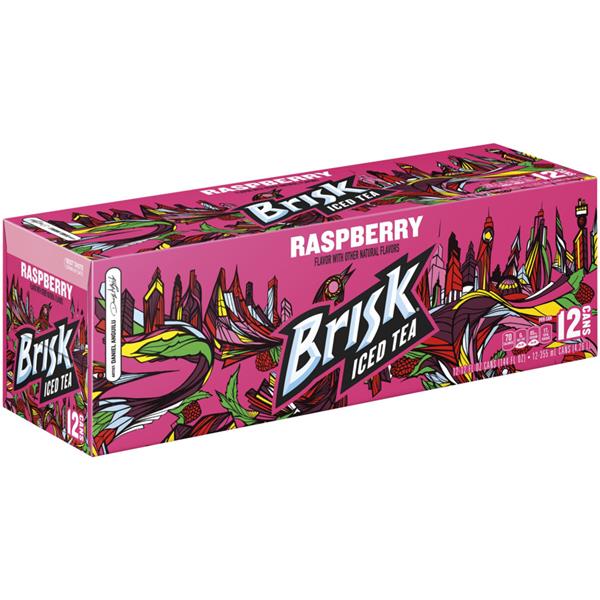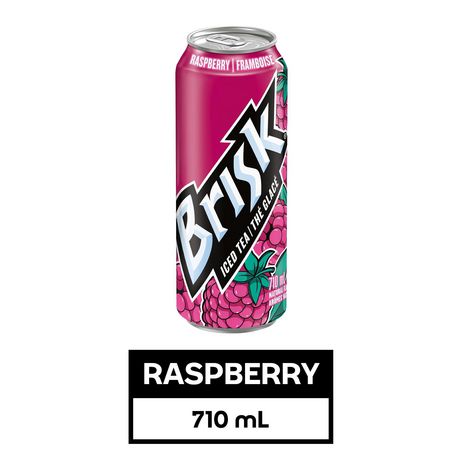
For instance, some products from the stevia plant are marketed as ‘natural’, even though they’re processed and refined. Yet, some of the other products marketed as artificial sweeteners may be derived from naturally occurring substances. It can be confusing to group together sweeteners as the terminologies are open to interpretation. Sweeteners from the stevia plantĪ relatively new group of non-nutritive sweeteners include naturally sourced, calorie-free sweeteners made from the stevia plant, eg Truvia and Stevia. They are 200–300 times sweeter than sucrose (sugar) and are heat stable, so can be used in cooking and baking. Only small amounts of artificial sweeteners are needed as they are intensely sweet. sucralose (used in Splenda) and acesulfame-K (used in Hermesetas Gold sweetener) can be used in cooking and baking.Aspartame (used in Canderel) loses some sweetness at a high temperature.

Most of them can be used in cold and hot foods, but not all can be used for cooking: Which sweeteners are best for cooking?Īrtificial sweeteners come in granules, tablets or liquid form. They can give you a burst of sweetness, while reducing your sugar and calorie intake because they contain little or no calories or carbohydrates and don’t affect blood glucose levels. Sweeteners and cooking Why use sweeteners in cooking? For example, Hermesetas Gold sweetener is made from a blend of aspartame and acesulfame-K. Some products are made from a combination of two artificial sweeteners.

There are different types of nutritive sweeteners, but they all contain carbohydrate and provide calories. They are usually referred to as ‘sugars’ or ‘added sugar’, but they can also appear in the ingredient list of food packaging as: One of the most useful ways of grouping sweeteners is to look at those that have nutritive value, ie nutritive sweeteners, and those without nutritive value, ie non-nutritive or ‘low-calorie’ sweeteners. They can be grouped in different ways: One way is to loosely group sweeteners as: sugar or sugar substitutes.Another way to group sweeteners is whether the sweetener is: natural or artificial.

Sweeteners are ingredients that are added to food to enhance sweetness. So in this section we'll take you through: If you browse around your local supermarket, you’ll see a huge range of sweeteners on offer, so it can be baffling to know which, if any, to go for. If want to lose weight, or you’re trying to keep your blood glucose levels stable, you may want to know whether artificial sweeteners could help. As a general rule, everyone should be eating less sugar – but sometimes, only something sweet will do. If you’re living with diabetes, or even if you’re not, you might think sweet foods are a barrier to your healthy, balanced diet. Sugars, sugar substitutes and sweeteners: natural and artificial


 0 kommentar(er)
0 kommentar(er)
